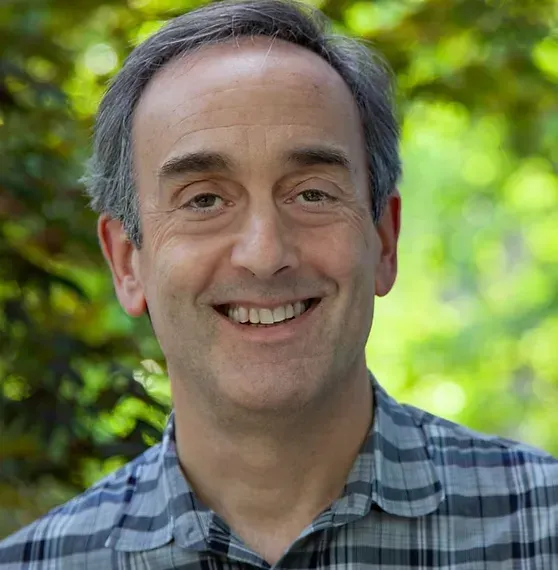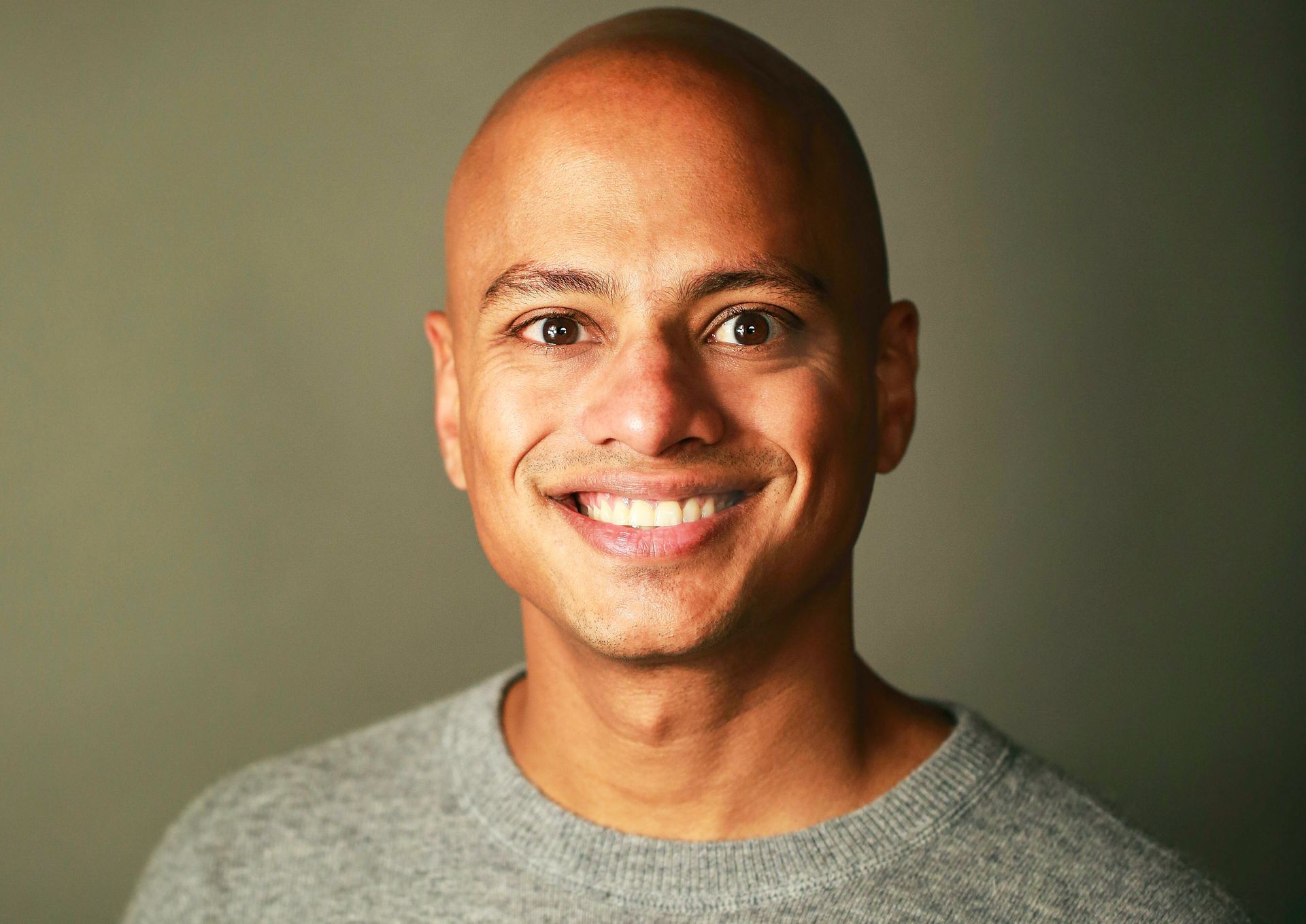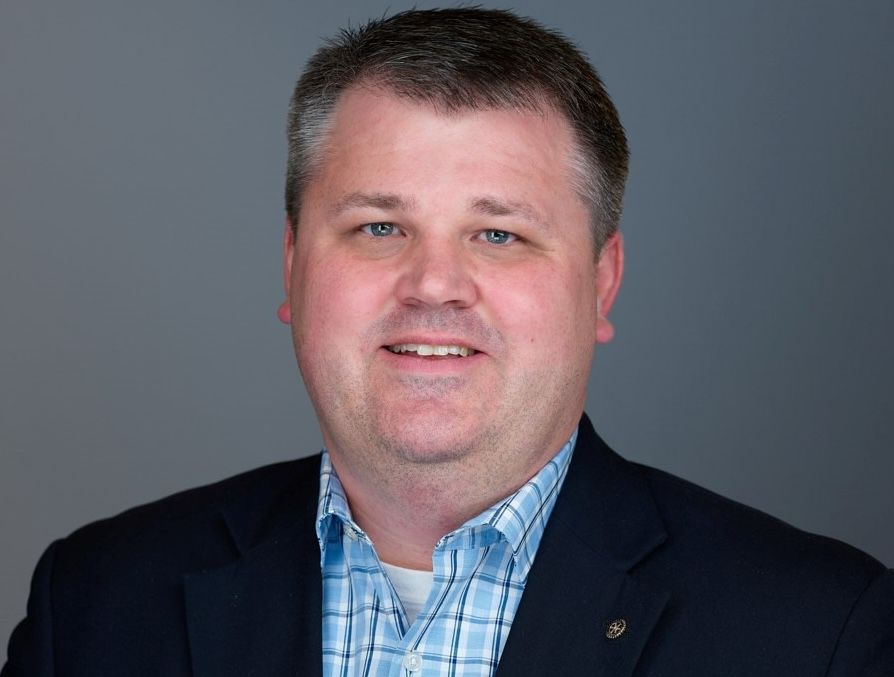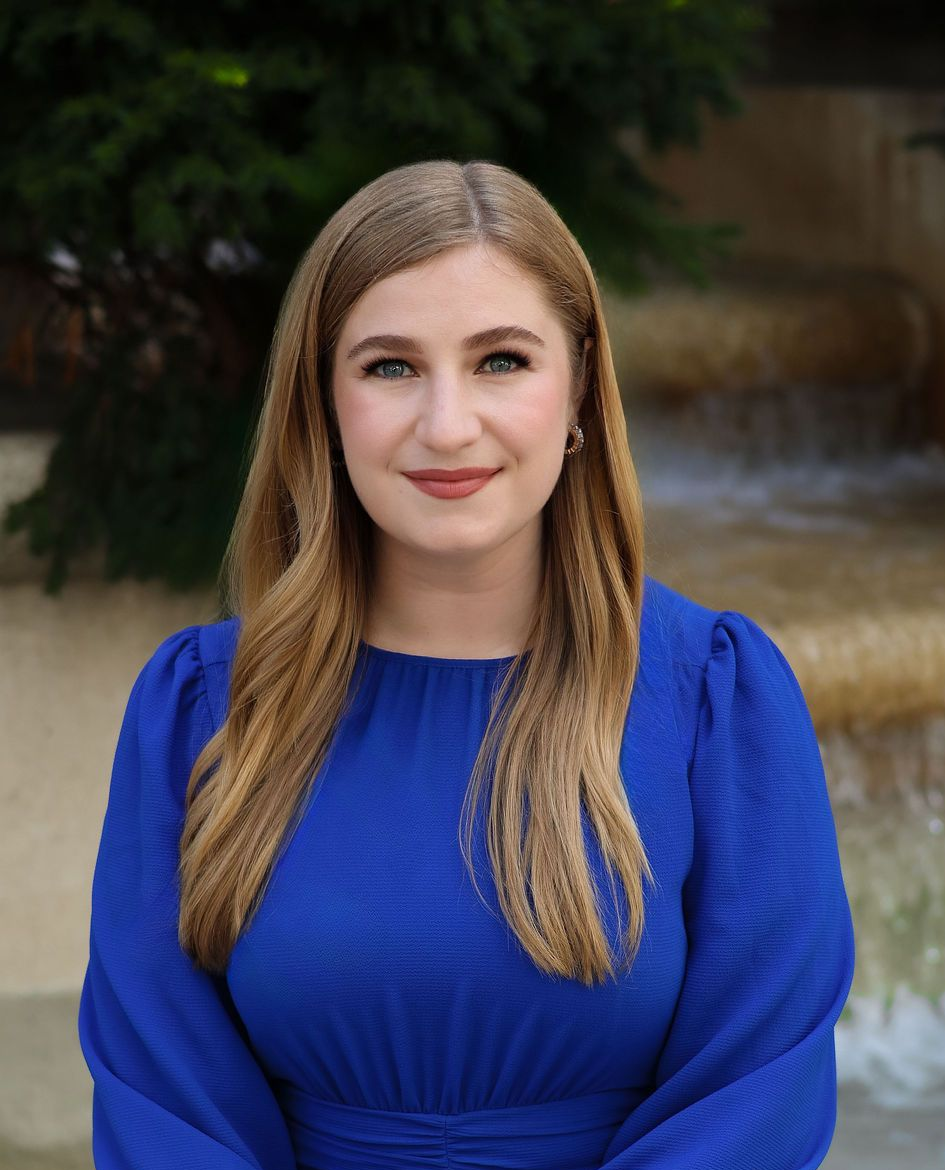My guest this week, Gene Carr, offers the perfect example. He is the founding director of the Berkshire Busk! outdoor music festival in Great Barrington, Massachusetts. It started as a response to pandemic-era social distancing, but it continues today as a popular annual attraction in a region where tourism is huge.
As an experienced arts marketer and an accomplished musician himself, Gene had a vision for bringing together local artists to deliver a compelling experience for the community. But he needed partners — both public and private. The keys to his success, he says, were:





